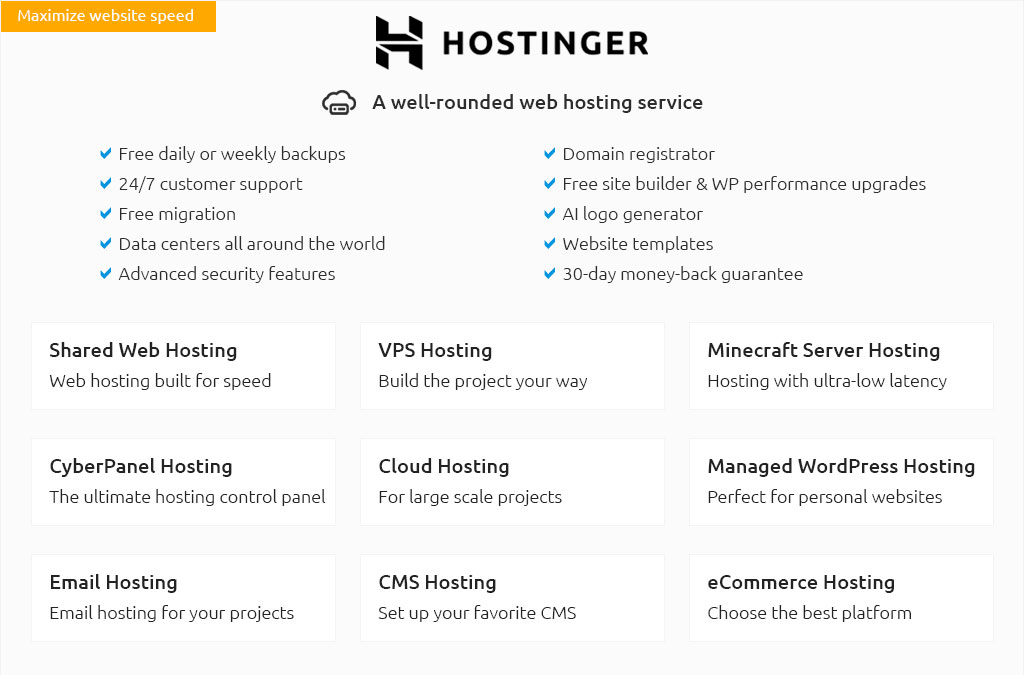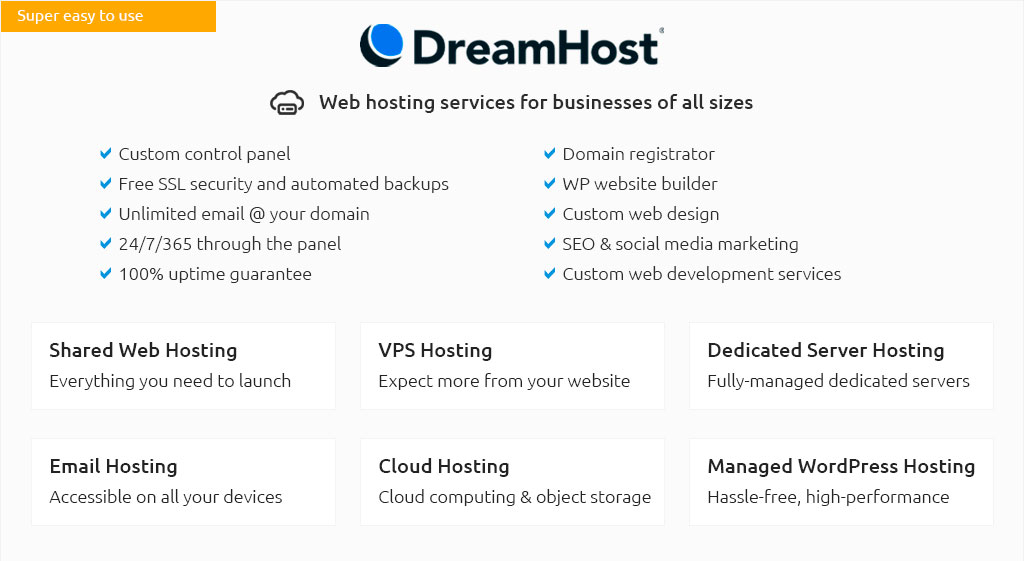 |
|||
 |
 |
 |
|
 |
|
 |
 |
 |
|||
 |
|||
 |
|||
 |
|||
 |
 |
Understanding Web Host Dedicated Servers: A Comprehensive AnalysisThe realm of web hosting is a vast and often complex landscape, where understanding the nuances between different types of hosting services is crucial for anyone aiming to establish a robust online presence. One of the most powerful options available is the dedicated server, a term that often surfaces in discussions about hosting solutions but remains elusive to many. In this article, we delve into the intricacies of dedicated servers, exploring their benefits, potential drawbacks, and their place in the broader web hosting ecosystem. At its core, a dedicated server is a type of web hosting where a client leases an entire server not shared with anyone else. This is in stark contrast to shared hosting, where multiple websites reside on a single server, sharing resources like bandwidth and storage space. The key advantage of a dedicated server is its exclusivity, which translates into enhanced performance, security, and control. One of the most compelling reasons to choose a dedicated server is the unparalleled performance it offers. With exclusive access to server resources, websites can operate at optimal speed without the risk of being bogged down by traffic from other sites. This is particularly beneficial for businesses that experience high traffic volumes or run resource-intensive applications. Moreover, having a dedicated server means that you are less susceptible to bottlenecks and can better manage your website’s load, ensuring a seamless experience for users. Security is another critical factor that makes dedicated servers an attractive option. In a shared hosting environment, the security of your website can be compromised by vulnerabilities in other websites on the same server. With a dedicated server, you have complete control over the security measures implemented, from firewalls to antivirus programs, allowing you to tailor security settings to meet your specific needs. This level of control is invaluable for businesses that handle sensitive data and must comply with stringent data protection regulations. The control and customization offered by dedicated servers cannot be overstated. Clients have full administrative access, allowing them to install and configure software, manage settings, and optimize the server to suit their unique requirements. This flexibility is a significant advantage for businesses with complex and custom software needs, as they are not restricted by the limitations of shared environments. Despite these advantages, dedicated servers are not without their drawbacks. The most notable is the cost. Dedicated hosting is significantly more expensive than shared hosting, making it a less feasible option for small businesses or personal websites with limited budgets. This higher cost is justified by the superior performance and customization options, but it remains a considerable investment. Another potential downside is the technical expertise required to manage a dedicated server effectively. Unlike shared hosting, where much of the server management is handled by the hosting provider, dedicated servers require a higher level of technical knowledge. Businesses must either have an in-house IT team or hire external professionals to manage and maintain the server, which can add to the overall cost. In conclusion, a dedicated server is an excellent choice for businesses that demand high performance, enhanced security, and complete control over their hosting environment. While the costs and technical demands may be prohibitive for some, the benefits offered by dedicated hosting make it a worthwhile consideration for those with the resources to invest. Ultimately, the decision to opt for a dedicated server should be based on a thorough assessment of your specific needs, budget constraints, and technical capabilities.
By understanding both the advantages and limitations of dedicated servers, businesses can make informed decisions that align with their strategic goals and technical requirements. https://www.forbes.com/advisor/in/business/software/best-dedicated-server-hosting/
Top Dedicated Hosting Services of 2024 - Hostwinds: Best overall - DreamHost: Best for server uptime - InMotion Hosting: Best for resources - Bluehost: Best for ... https://aws.amazon.com/what-is/dedicated-server/
A dedicated server is a physical server that's assigned to a single organization. You need a server to host or run your applications and websites. https://www.techradar.com/news/best-dedicated-server-hosting-providers
HostGator, the best web hosting providers, also offers a straightforward yet powerful dedicated hosting tier. The company is based out of Texas ...
|